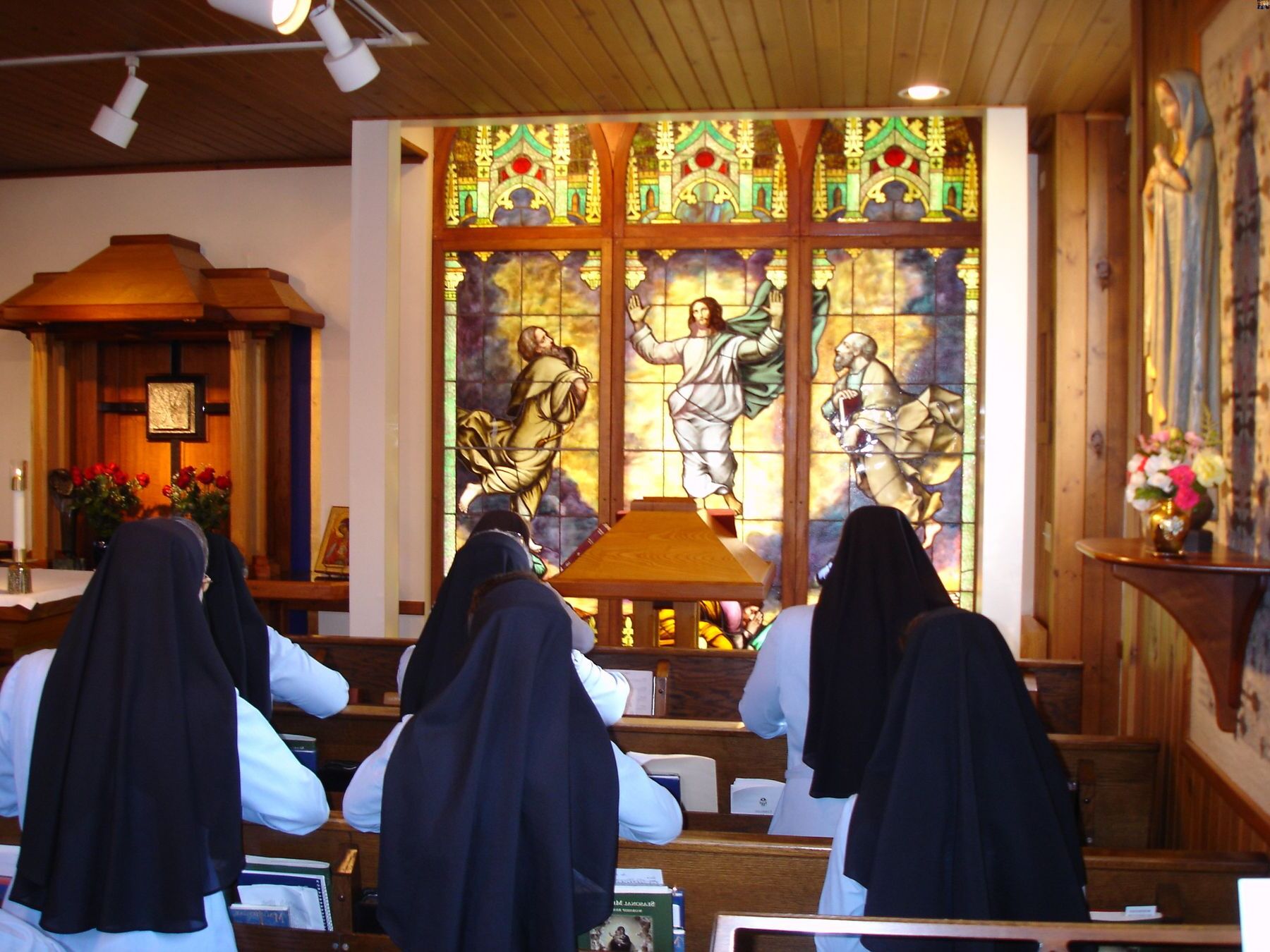
Ever wondered about the term "Almah" and its significance? This Hebrew word, often translated as "young woman" or "maiden," appears in various contexts, especially in biblical texts. One of the most famous references is in Isaiah 7:14, where it has sparked debates among scholars and theologians for centuries. Some argue it means a virgin, while others believe it simply refers to a young woman. Beyond its biblical roots, Almah holds cultural and historical importance, reflecting societal attitudes towards women in ancient times. From archaeological findings to feminist perspectives, the term offers a rich tapestry of meanings and interpretations. Let's explore 20 intriguing facts about Almah to understand its multifaceted nature.
What is Almah?
Almah is a term with deep historical and cultural roots. It has been used in various contexts, especially in biblical studies. Let's explore some fascinating facts about Almah.
-
Biblical Reference: Almah appears in the Bible, notably in Isaiah 7:14. The verse states, "Therefore the Lord himself will give you a sign: The virgin shall conceive and bear a son, and shall call his name Immanuel."
-
Interpretation of Almah: Scholars debate the meaning of Almah. Some say it means a young woman, while others argue it specifically refers to a virgin.
-
Historical Context: Isaiah's prophecy was given during King Ahaz's reign in Judah. He faced threats from Israel and Syria, and the prophecy aimed to reassure him.
Almah in Christian Theology
The term Almah holds significant importance in Christian theology, especially concerning the virgin birth of Jesus Christ.
-
Virgin Birth: The New Testament book of Matthew (Matthew 1:22-23) quotes Isaiah 7:14 to support the virgin birth of Jesus.
-
Cultural Significance: In ancient Hebrew culture, Almah described a young woman eligible for marriage but not yet married.
-
Linguistic Analysis: The Hebrew word "Almah" comes from the root "A-L-M," meaning "young woman" or "maiden."
Archaeological and Feminist Perspectives
Archaeology and feminist studies provide additional layers of understanding to the term Almah.
-
Archaeological Evidence: Discoveries in ancient Judah, like artifacts and inscriptions, offer insights into the social and cultural practices of the time.
-
Feminist Perspectives: Feminist scholars analyze Almah from a gender perspective, highlighting societal attitudes towards women during that era.
Theological and Literary Analysis
Theological and literary analyses help us understand the deeper meanings and implications of Almah.
-
Theological Debates: Theological debates about Almah have persisted for centuries. Some argue it doesn't imply virginity, while others see it as essential to the prophecy.
-
Literary Analysis: Literary analysis often links Almah with themes of purity, innocence, and divine intervention.
Historical Figures and Prophecy
Understanding the historical figures and the prophecy associated with Almah adds depth to its significance.
-
Historical Figures: King Ahaz and King Hezekiah are mentioned in conjunction with Almah in biblical narratives. Their roles help contextualize its significance.
-
Prophecy and Fulfillment: Many see Isaiah's prophecy as fulfilled in the birth of Jesus Christ, a cornerstone of Christian theology.
Cultural Impact and Archaeological Discoveries
Almah's cultural impact and recent archaeological discoveries continue to shape our understanding.
-
Cultural Impact: Almah has influenced art, literature, and music throughout history, symbolizing themes of purity and divine intervention.
-
Archaeological Discoveries: Recent findings provide new insights into the historical context of Almah, helping scholars understand ancient Judah's social and cultural practices.
Feminist Theology and Theological Implications
Feminist theology and the broader theological implications of Almah offer unique perspectives.
-
Feminist Theology: This perspective explores the role of women in biblical narratives, including those involving Almah, highlighting their contributions.
-
Theological Implications: Almah speaks to themes of divine intervention, prophecy, and God's relationship with humanity.
Historical Accuracy and Cultural Variations
Ensuring historical accuracy and understanding cultural variations are crucial when studying Almah.
-
Historical Accuracy: Scholars must consider the historical context to avoid anachronistic interpretations of Almah.
-
Cultural Variations: Different societies interpret Almah in diverse ways, enriching our understanding of the term.
Archaeological Methods and Conclusion
Archaeological methods and the broader implications of Almah continue to intrigue scholars and theologians.
-
Archaeological Methods: Analyzing artifacts, inscriptions, and historical records provides tangible evidence for understanding Almah.
-
Conclusion: Almah is a term rich in historical, cultural, and theological significance. From its biblical reference to its cultural impact, Almah remains a subject of interest and debate among scholars and theologians alike.
Final Thoughts on Almah
Almah is a term rich in history, culture, and theology. From its biblical roots in Isaiah 7:14 to its debated interpretations, it has sparked discussions for centuries. The word, meaning "young woman" or "maiden," has been central to theological debates, especially regarding the virgin birth of Jesus. Its cultural significance in ancient Hebrew society adds another layer of understanding. Archaeological findings and feminist perspectives further enrich our knowledge. Whether viewed through a historical, linguistic, or theological lens, Almah remains a fascinating subject. Its impact on art, literature, and music underscores its lasting influence. By exploring these 20 facts, we've gained a deeper appreciation for this complex term. Almah isn't just a word; it's a window into ancient beliefs, societal norms, and enduring theological debates.
Was this page helpful?
Our commitment to delivering trustworthy and engaging content is at the heart of what we do. Each fact on our site is contributed by real users like you, bringing a wealth of diverse insights and information. To ensure the highest standards of accuracy and reliability, our dedicated editors meticulously review each submission. This process guarantees that the facts we share are not only fascinating but also credible. Trust in our commitment to quality and authenticity as you explore and learn with us.


